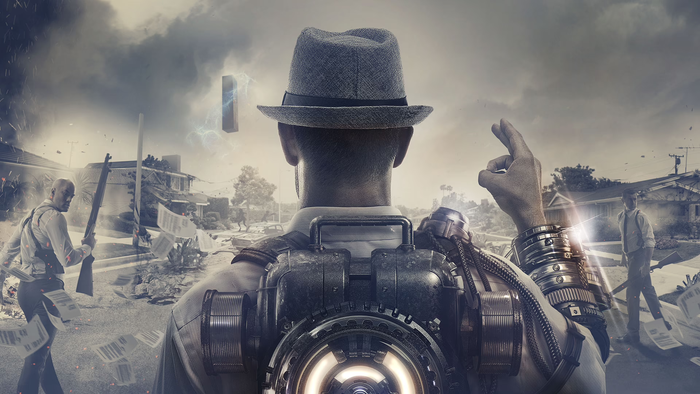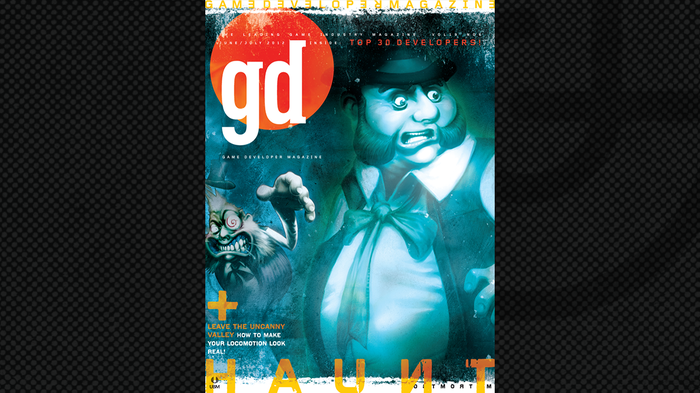Open loops and progression trees in freemium game - Don t kill the golden egg chicken!
Freemium games are using open loops and progression trees to foster long term retention and monetization. This design strategy is very effective but its excessive use could backfire.


All freemium titles includes two key components: Their core gameplay and a monetization strategy. There exist numerous ways to implement that strategy but many freemium games, including successful ones, have chosen to embed it in the core gameplay. They do it in the following way:
Upon the completion of missions, quests or combats, the player unlocks features, such as characters, weapons or equipment. Those features can be improved by earning resources and spending them on upgrades. Initial upgrades don’t cost « much » in terms of resources but latter ones require larger amount of them.
For instance, in Supercell’s Clash Royale, the player unlocks cards. They are the « weapons » of players. Each card features statistics such as damage per second, range, etc. For most cards, early statistics are weak but cards can be upgraded to improve them. Each card can be upgraded several times, up to 12 times for common cards. How do you upgrade them? By collecting cards of the type you want to upgrade. For example, to upgrade the knight from level 3 to 4, you must collect 10 cards of that type. However, to upgrade the same card from level 6 to 7, you must collect 100 cards, and if you want to upgrade it to its 13th level, the maximum, you must collect 5000 of them !
As a result, players enjoy quick upgrades early on but latter upgrades take much more time. That leads to long term retention, a highly desirable feature in free-to-play games. I call this effective monetization strategy the open loops and progression trees strategy.
I am sure it sounds familiar to many of you because this strategy is present in many freemium games ranging from Farmville to World of Tanks. The problem is that it leads to similar game experiences: 1) Unlock an item, 2) grind to upgrade it, 3) grind even longer to upgrade it further, 4) unlock another item, 5) grind to upgrade it, etc.
Even if those games offer unique core gameplay, the use of this monetization strategy leads to a homogenization of the overall game experience. Freemium titles are becoming increasingly repetitive and that could kill them even more effectively that the saturation of the market.
In my opinion, the excessive use of this monetization strategy is one of the causes behind the current disaffection with freemium games.
This situation creates a difficult equation for game designers: How to offer compelling game experiences and to build long term retention without using open loops strategy?
It is time to infuse some creativity back into freemium design.
Read more about:
BlogsAbout the Author
You May Also Like









